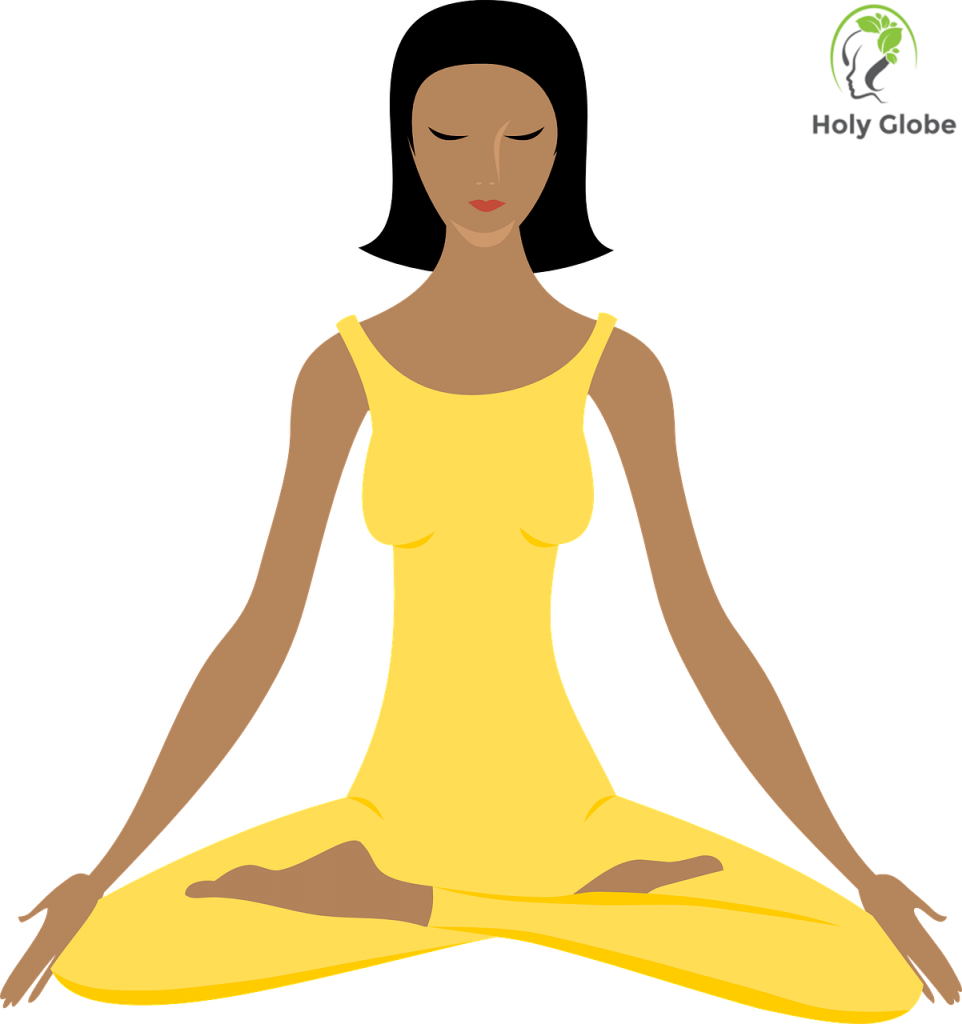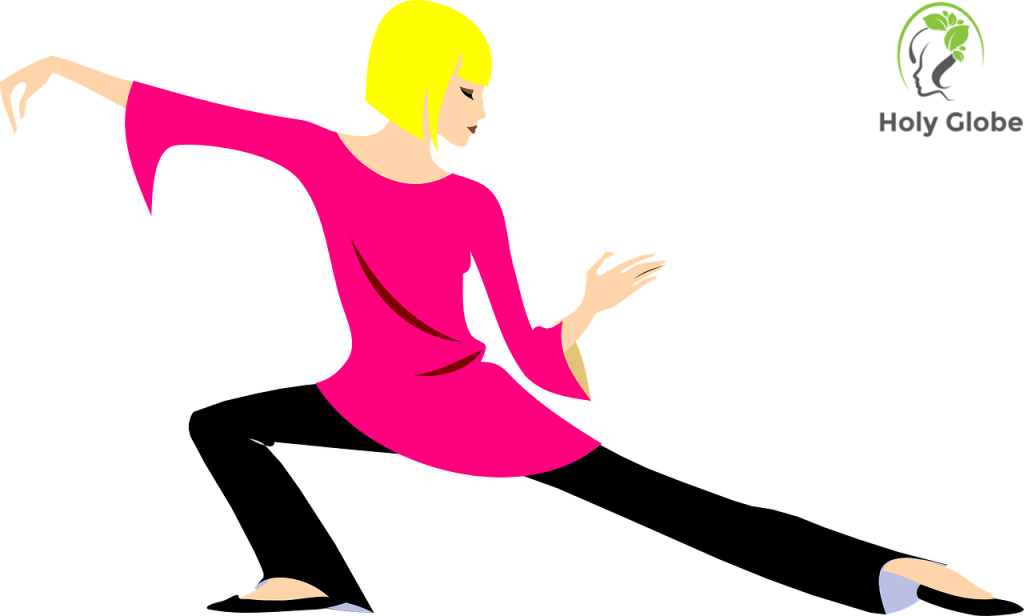The state of meditation and restlessness are the two opposite poles of the mind. People who try to meditate often complain about restlessness that makes them hard to focus on their meditation. Sometimes they have uncomfortable feelings and other difficulties too. These issues can discourage people to meditate, so I decided to give a few pieces of advice that can help eliminate these problems.
There are many misconceptions about meditation, which may lead to wrong expectations; that could cause disappointment. I collected some of these issues, which affect especially those who are new to meditation.
Depression, Restlessness and Unable to meditate
I wrote a case study on these issues and I am going to give solutions/advice in a kind of fictional dialogue:
Issues: I just want to have a break. I wish I could have a break from my wild racing thoughts. I feel like all my thoughts are fighting for attention. Have you ever felt that? Sometimes I am obsessed with my work. Should I do this or that? I’m trying different things. I feel I’m always behind no matter how hard I work. At a time, I think it is not healthy. I just want to take a break from it.

But it just seems that trying to relax doesn’t work for me. The only thing that really works temporarily is taking Lorazepam. But I don’t take drugs anymore. I am glad I don’t. I will not. I used to get addicted to them. They would cause depression. I’m better off without them, they don’t work for me.
You know, sometimes I try to follow a meditation tape or a yoga program. I want results, but I often feel I do not have any result in these programs. This can make you more anxious. I anxiously look for more programs and the process just repeats. I don’t know why. Is this normal? So what do you do? When I try to meditate and keep my thoughts quiet, it doesn’t work. Why is that? Trying to not think about things. Yet, they make you think about them more because you’re trying to not think about them.
Also, when I try meditating, I have uncomfortable feelings. I feel I can’t even sit like that. It makes me struggle, so I need to stop. I simply don’t know how some people are able to relax their brain or body. For me it becomes impossible. What do you do? It seems like a never ending cycle.
Advice: I have been practising meditation for many years and I can reassure you that most of your problems are familiar for those who have ever tried to meditate. I meditate almost every day and I still have some difficulties.

One of the reasons we are often stressed and restless is that we are always occupied and stressed with something. We live in a restless age. Our mind is too busy, often unnecessarily. Sometimes it is not easy to come out of this current of thoughts to relax.
But do not worry. It is normal to have thoughts. Everyone has some thoughts during meditation. In contrast to the popular beliefs, thoughts do not totally disappear during meditation. Also, it is normal that when you start to meditate, then your thoughts are coming more intensively. During meditation you are more aware of them, so you need to deal with them. So you need to ask why am I thinking about this? Why am I having these feelings? They are probably your worries, desires and the things that occupy you. Try not letting them attract your attention too much, just be aware of them. To overcome restlessness during meditation try to observe thoughts and feelings from a distance. Sooner or later they will disappear. Just let them go if you can. If not, do not worry about it. Relax. Anxiety works against you and against your meditation.
The wise way to overcome restlessness and worry (which are the fourth hindrances according to Buddhism) is to investigate and understand them well, rather than getting rid of them quickly.
When the mental restlessness causes inability to focus, the mind is directed somewhere or it jumps from one thing to the next. This unsettled mind is occasionally called monkey mind. Like a swinging monkey grabs one branch and immediately reaches for the next. As the restless mind focuses on one thing and instantly reaches for the next and it is never satisfied with anything. Because the settling can take a while, you need patience, discipline, and courage to deal with restlessness. Sometimes the mind will line up numerous arguments to convince you to do something else, but meditation. It is important not to give in to these irrational impulses. But trying too hard to meditate can also stir up the mind. Meditation and Restlessness are the different side of the same coin. The different state of the mind. The firs one is about the focus and balance, the other one is the lack of these qualities.
Leave Your Expectations at the Door
Also, remember, meditation does not need to be euphoric at all. Many people have a wrong understanding of meditation. Some people expect if they are trying to meditate, then a miracle is going to happen and they will feel happy and relaxed. Yes, the purpose of meditation is to relax your mind and to make you feel better, but you need to build up a certain mindset before the start, if it is possible. Unrealistic expectations about meditation leave many people disappointed.
Meditation and Restlessness often go together. One does not exist without the other. It is like
yin and yang. Your unresolved issues and disturbing emotions are often coming up in your meditation. you need to accept it and work on it.

It is good to learn how to make some ‘joyful effort’ if you want to meditate. It can help your positive intention and it can improve your mood. It can also help you to develop your skills not to get anxious after making some seemingly wasted effort to meditate. Sometimes when I am a little bit restless or tired doing a long meditation, I often tell myself the following “it is better to do a few minutes of meditation than not doing it at all” or “there is no wasted effort in meditation”. These thoughts motivate me and help me not to give up.
Good mental health is also beneficial for meditation and vice versa. So even if you have some psychological problems, meditation is one of the best tools for your recovery.
I believe that you made a good decision regarding drugs. Until you are able to cope with things it is better not to take any medication. They will reduce your mental force which can be used to improve your life. You will be less aware of your psychological problems because medications may reduce your symptoms. This lower awareness of your problems will discourage you to get skills that can solve them as they seem to stay covered or hidden during medical treatment. Drugs will make you addicted too, which will cause you further problems too.
You already made a good effort, you do not take drugs and you are trying meditation and yoga. Keep trying to make your life more balanced. There are a lot of things that you can do to improve your mental and physical health.
The following things can help preventing, understanding, reducing your worries and your restlessness:
- Have a healthy diet
- Sleep regularly
- Do not overwork
- Be positive
- Try to be mindful
- Self-observation to recognise more why you are restless
- Do not get over-attached to anything
- Meet calm and positive people that can help you feel more relaxed and calm
- Have some fresh air
- You may start some breathing exercise
- You can try reciting mantras to calm your mind
- Exercise can clear your head
- Try meditating every day (even for a few minutes)
The more attention is given to these activities, the less energy is available to fuel the restlessness and worry.
It is more and more recognised that this holistic approach is the most effective way to deal with psychological problems. There is no single miracle cure (or drug) that can help your restlessness.
If you are consistently making positive efforts to improve your psychological well-being − you shall not lose your reward − meditation will be much easier and restlessness will disappear.

Facebook Comments

One thought on “Meditation and Restlessness”
Comments are closed.